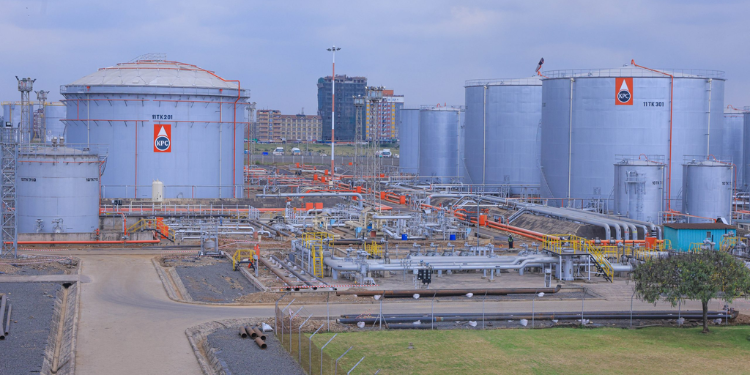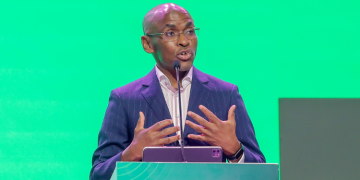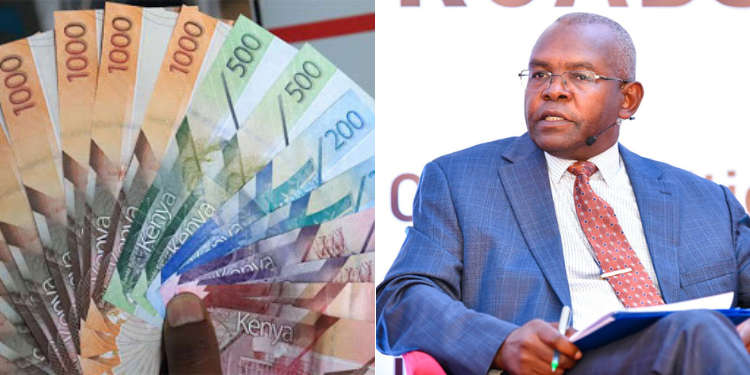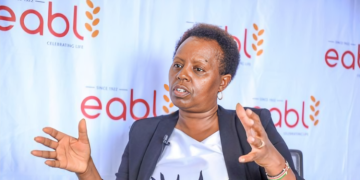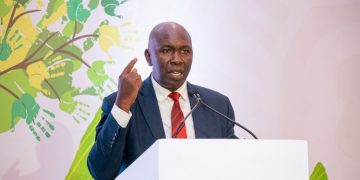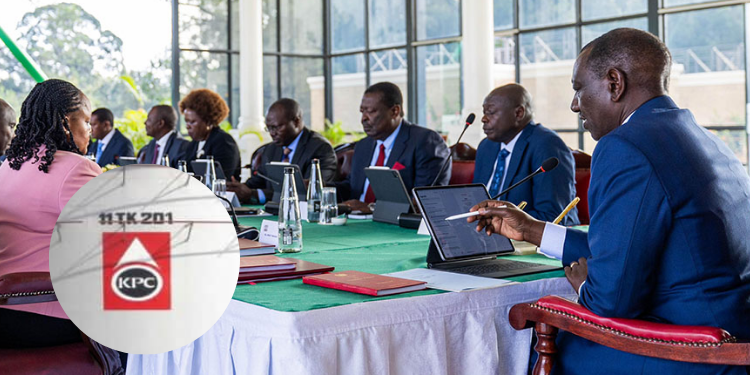The government’s plan to privatise the Kenya Pipeline Company (KPC) has suffered a blow after the High Court halted the process.
In July 2025, the Cabinet — during a meeting chaired by President William Ruto at State House, Nairobi — approved the reinstatement of KPC into the privatisation programme. This decision laid the groundwork for a partial sale of government shares and the listing of the state-owned energy parastatal on the Nairobi Securities Exchange (NSE).
According to a Cabinet despatch, the move is part of a broader policy shift aimed at reducing the government’s involvement in commercial enterprises and empowering the private sector to drive growth, efficiency, and innovation.
However, the Consumers Federation of Kenya (COFEK) on Thursday, August 14, 2025, filed a petition challenging the privatisation plan.
The case, filed against the National Treasury and Economic Planning Cabinet Secretary John Mbadi, the Privatisation Authority, and five others, sought to stop the sale.
High Court issues orders stopping privatisation of Kenya Pipeline Company
Following the petition, Justice Mwamuye on Friday, August 15, issued conservatory orders restraining the government from proceeding with the sale of KPC shares under the current privatisation plan.
“Pending the inter partes hearing and determination of the Petitioner/Applicant’s Notice of Motion Application dated 14/08/2025, a conservatory order be and is hereby issued restraining the Respondents and the Interested Parties, jointly and severally, and whether by themselves or through their agents, servants, or any person acting under their authority, from offering for sale, allocating, disposing, transferring, or otherwise dealing with any shares of the Kenya Pipeline Company Limited pursuant to the impugned privatization plan that is the subject of the Petition herein,” read part of the ruling.
Further, the judge ruled that for the progression of the case, the petitioner is to serve the respondents and interested parties with the application, petition, and court order by close of business August 15, 2025.
The respondents and interested parties must enter an appearance and file their responses by August 22, 2025. Additionally, the petitioner may file a rejoinder, if necessary, by August 29, 2025, and all parties must file and serve a skeleton written submission by September 3, 2025.
Also Read: Ruto Confirms Listing of Kenya Pipeline on NSE
Hearing of the petitioner’s application shall be on September 5, 2025. The outcome of the case will determine whether the government can proceed with its planned divestiture of KPC, a key player in the country’s energy infrastructure.
Cabinet approval
Last month, the Cabinet approved the new plan to privatise KPC, noting that the company “has not yet reached its optimum performance and market value, largely due to bureaucratic constraints and public sector inefficiencies.”
The proposed privatisation is expected to attract private capital and professional expertise, modernising KPC’s operations and positioning it as a regional logistics and energy powerhouse. The Cabinet emphasised that the decision is guided by past successes in similar undertakings.
“Cabinet was reminded that similar moves in the past have yielded transformative results. Safaricom, Kenya Commercial Bank, and KenGen are prime examples of formerly state-controlled entities that became high-performing companies following privatisation, driving shareholder value, expanding regionally, and creating thousands of jobs,” the dispatch read.
Also Read: Ruto’s Cabinet Approves Sale of Kenya Pipeline Company
According to the Cabinet dispatch, privatising KPC is also aimed at boosting investor confidence and supporting the growth of Kenya’s capital markets.
“The approval marks a shift from state dominance in commercial enterprises to a model that embraces private sector-led growth, operational discipline, and accountability, ultimately ensuring that public resources are better used to deliver essential services,” it added.
The inclusion of Kenya Pipeline in the privatisation programme is expected to move forward in line with existing laws and regulatory frameworks governing the disposal of public assets.
Follow our WhatsApp Channel and X Account for real-time news updates.
